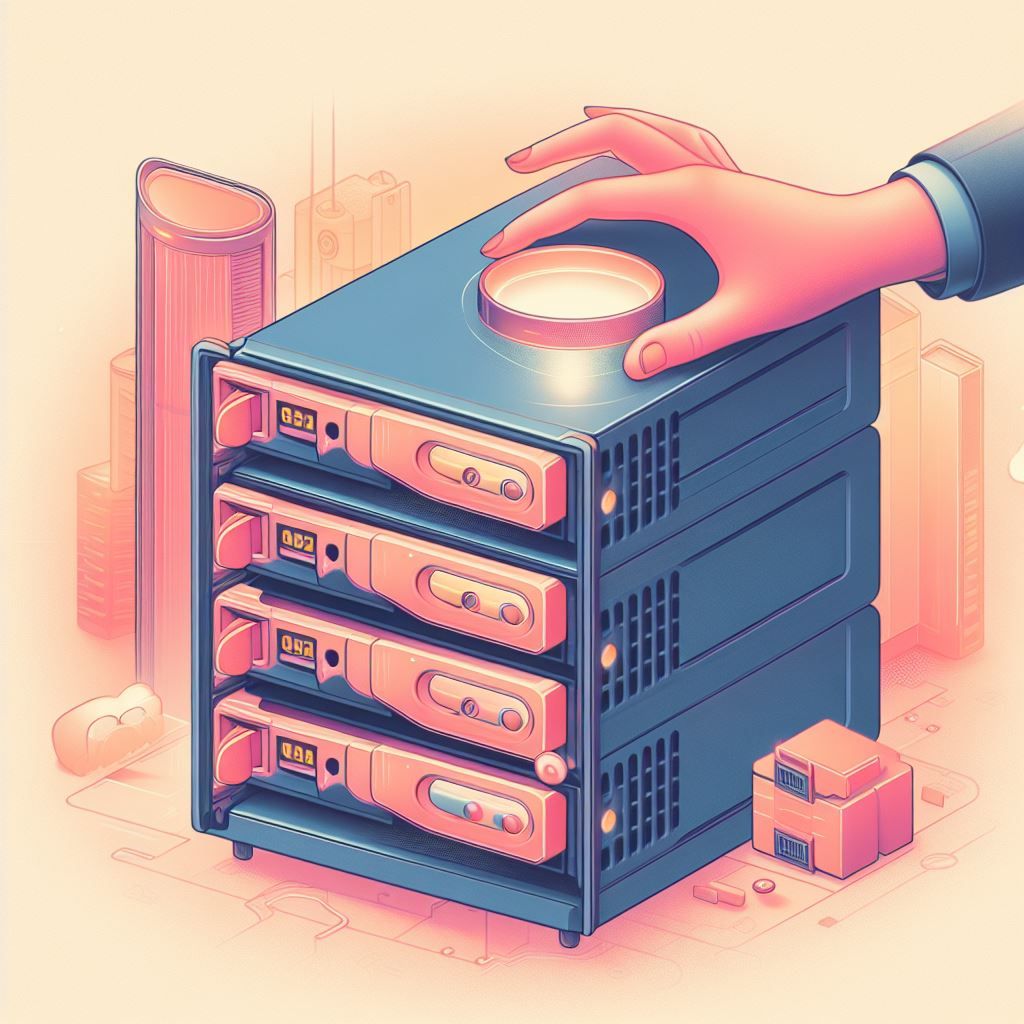A Comparison of Single Processor vs Dual Processor Dedicated Servers

Single Processor vs Dual Processor Dedicated Servers
When choosing between a single processor and a dual processor dedicated server, there are several factors to consider, including performance, cost, scalability, and the specific requirements of your applications. Below is a comparison of these two options:
- Performance:
- Single Processor:
- A single processor server has one central processing unit (CPU) to handle all tasks.
- It's suitable for most small to medium-sized applications and websites.
- Performance is generally sufficient for basic tasks and applications.
- Dual Processor:
- A dual processor server has two CPUs, effectively doubling the processing power.
- Provides significantly higher processing capabilities, making it ideal for resource-intensive applications, virtualization, and large databases.
- Offers superior performance for complex calculations and multitasking.
- Single Processor:
- Cost:
- Single Processor:
- Generally more cost-effective upfront.
- Lower initial investment and lower power consumption.
- Suitable for budget-conscious businesses or applications with moderate resource requirements.
- Dual Processor:
- Higher initial cost due to the additional CPU.
- Increased power consumption may lead to higher operational costs.
- Justified for applications that demand high computational power and multitasking capabilities.
- Single Processor:
- Scalability:
- Single Processor:
- Limited scalability in terms of CPU power.
- Can sometimes be upgraded to a more powerful single CPU, but there's a limit to how much improvement can be made.
- Dual Processor:
- Offers better scalability as you're starting with a higher baseline of processing power.
- Can handle a broader range of resource-intensive applications without maxing out the CPU.
- Single Processor:
- Multi-threaded Applications:
- Single Processor:
- Handles multi-threaded applications, but may not perform as efficiently as a dual processor system.
- May experience performance bottlenecks with extremely resource-intensive multi-threaded applications.
- Dual Processor:
- Excels at handling multi-threaded applications due to the additional processing cores.
- Provides better performance for applications that can leverage parallel processing.
- Single Processor:
- Redundancy and Fault Tolerance:
- Single Processor:
- Generally simpler to manage and troubleshoot in case of hardware failures.
- Fewer components mean fewer potential points of failure.
- Dual Processor:
- More complex in terms of hardware redundancy and fault tolerance.
- Involves more components, potentially increasing the likelihood of a failure.
- Single Processor:
- Use Cases:
- Single Processor:
- Small to medium-sized businesses with standard workloads.
- Web hosting, email servers, content management systems, and other less resource-intensive applications.
- Dual Processor:
- Large enterprises with high-demand applications, virtualization, and data-intensive processes.
- Big data analytics, virtualization servers, AI/ML applications, and high-performance computing.
- Single Processor:
In conclusion, the choice between a single processor and a dual processor dedicated server depends on your specific requirements and budget. If you're running resource-intensive applications or need high processing power, a dual processor server is likely the better option. However, for smaller businesses with standard workloads, a single processor server might be more cost-effective. Always consider your long-term growth and performance needs when making this decision.



